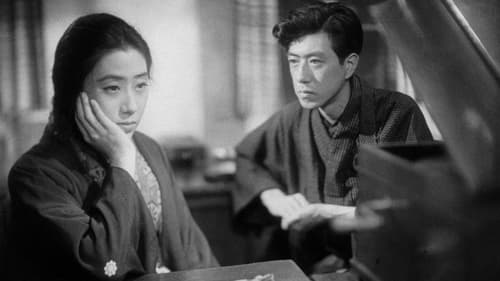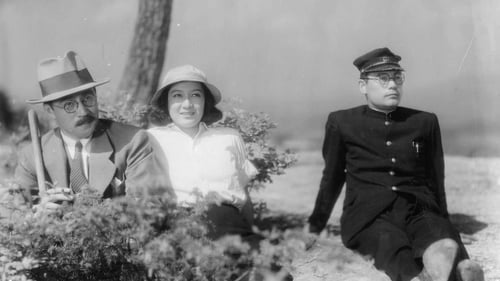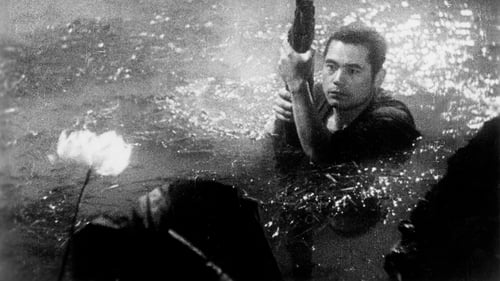
Producer
Three and a half years after Japan was bombed, the tax authorities organized the T-Men. Nango is in love with a girl called Mibu, and the two are against the T-Men organization. Mibu whats to kill all of the T-Men one-by-one.

Producer
Sumako, a country girl, becomes a great actress with the help of Hogetsu,a scholar who brought some of European realism to the Japan's stage. The relationship leads to the end of his marriage and the breakup of his Arts Society. This is another version of Kenji Mizoguchi's film "The Love of Sumako the Actress" ("Joyû Sumako no koi"), from the same year. Both tells the story of the famous actress Sumako Mitsui (1886-1919), considered the first great modern theater actress in Japan. Mizoguchi himself is said to have preferred Kinugasa's version.

Producer
Omnibus of love stories from 1947 directed by famous directors, featuring big stars.

Producer
Yukie, hija de un profesor universitario, se queda conmocionada cuando su padre es expulsado de su cátedra por sus enseñanzas políticas, pero mucho más aún cuando su novio es arrestado y ejecutado bajo la acusación de espionaje.

Writer
Yukie, hija de un profesor universitario, se queda conmocionada cuando su padre es expulsado de su cátedra por sus enseñanzas políticas, pero mucho más aún cuando su novio es arrestado y ejecutado bajo la acusación de espionaje.

Executive Producer
Dos hermanas, una bailarina y la otra supervisora de guiones de un gran estudio de cine, se ven envueltas en una huelga de trabajadores del ferrocarril.

Producer
1883, a principios de la era Meijii. Sanshiro Sugata es discípulo de Shogoro Yano, un maestro de judo. A lo largo de su aprendizaje y de sus combates aprenderá los principios y valores primordiales de una filosofía que le permitira guiar sus pasos en la vida.

Writer
This movie is presumed to be lost.

Executive Producer
Documentary of an Imperial Japanese Army regiment's advance from Shanghai to Wuhan in 1938. This film was shelved before submission to Home Ministry censors amid rumors that Fumio was a Communist.

Director
Propaganda documentary about the fall of Nanking. Considered for a long time as a lost film, it was discovered in Beijing, China, in the year 1995.

Producer
Propaganda documentary about the fall of Nanking. Considered for a long time as a lost film, it was discovered in Beijing, China, in the year 1995.

Screenplay
Based on the comic by Yutaka Asou

Screenplay
The film generally regarded as Japan’s first true musical was also the first film made entirely in-house by the pioneering studio P.C.L., a company founded specifically to take advantage of emergent sound technology. P.C.L. worked in collaboration with a brewer’s firm, Dai Nihon Biru, who met the production costs of the film in full, and whose products are featured in the film in an example of the sophisticated and modern merchandising typical of the studio’s early work. The film is partially set in a beer hall, and its story concerns a beer seller at a train station and her relationship with a music student trying to create a hit song. Director Sotoji Kimura was to become a company stalwart, making such films as Ino and Mon, while actress Sachiko Chiba would emerge the studio’s first real star, appearing in such films as Wife Be Like a Rose.

Director
After his Tokyo farewell ceremony, Yamamoto's ashes were sent to Kyoto on March 9. Many friends and citizens gathered at his home in Uji. On the 15th a worker-farmer funeral was held at the Sanjo YMCA. Prokino's Kyoto Branch shot these five days of activities. The long line of cars is filled with taxis, whose drivers deeply admired Yamamoto. The Watanabe in the title refers to the head of the Communist Party of Japan. Watanabe was returning to Japan from Taiwan when he was stopped by authorities. He committed suicide in their custody. Yamamoto and Watanabe were mourned together.










